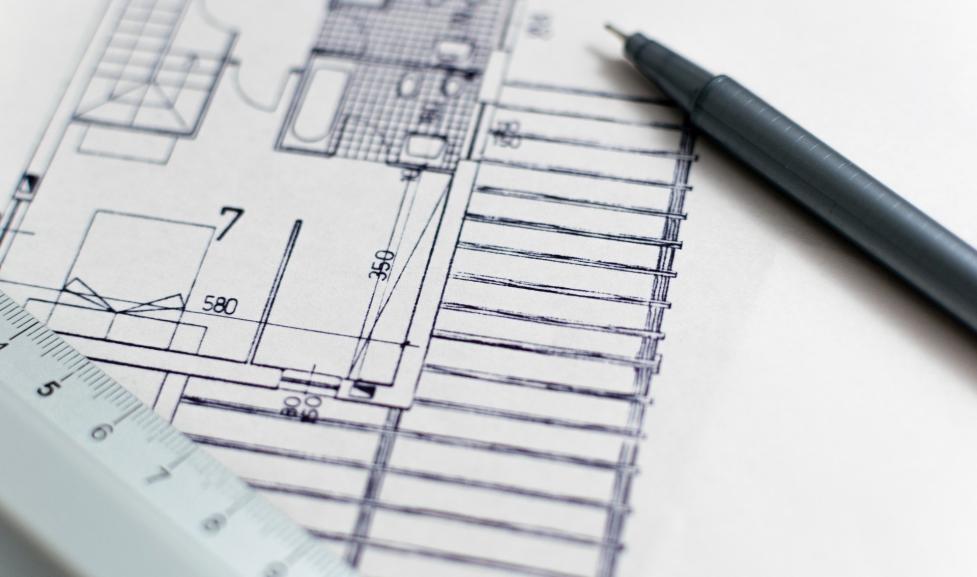All applications for full structure deconstruction and new building permits in the City of Boulder must follow these rules about recycling and reusing materials.
Minimum requirements
Full structure deconstruction (DEM): Reuse or recycle at least 75% of waste, across at least 3 different material types (like wood, metal, concrete). Pay a deposit of $1 per square foot (minimum $1,500), plus a $219 non-refundable fee. See the Deconstruction Requirements Guide for information on other documentation.
New construction (BLD): Reuse or recycle 100% of clean lumber, metal, and cardboard.

